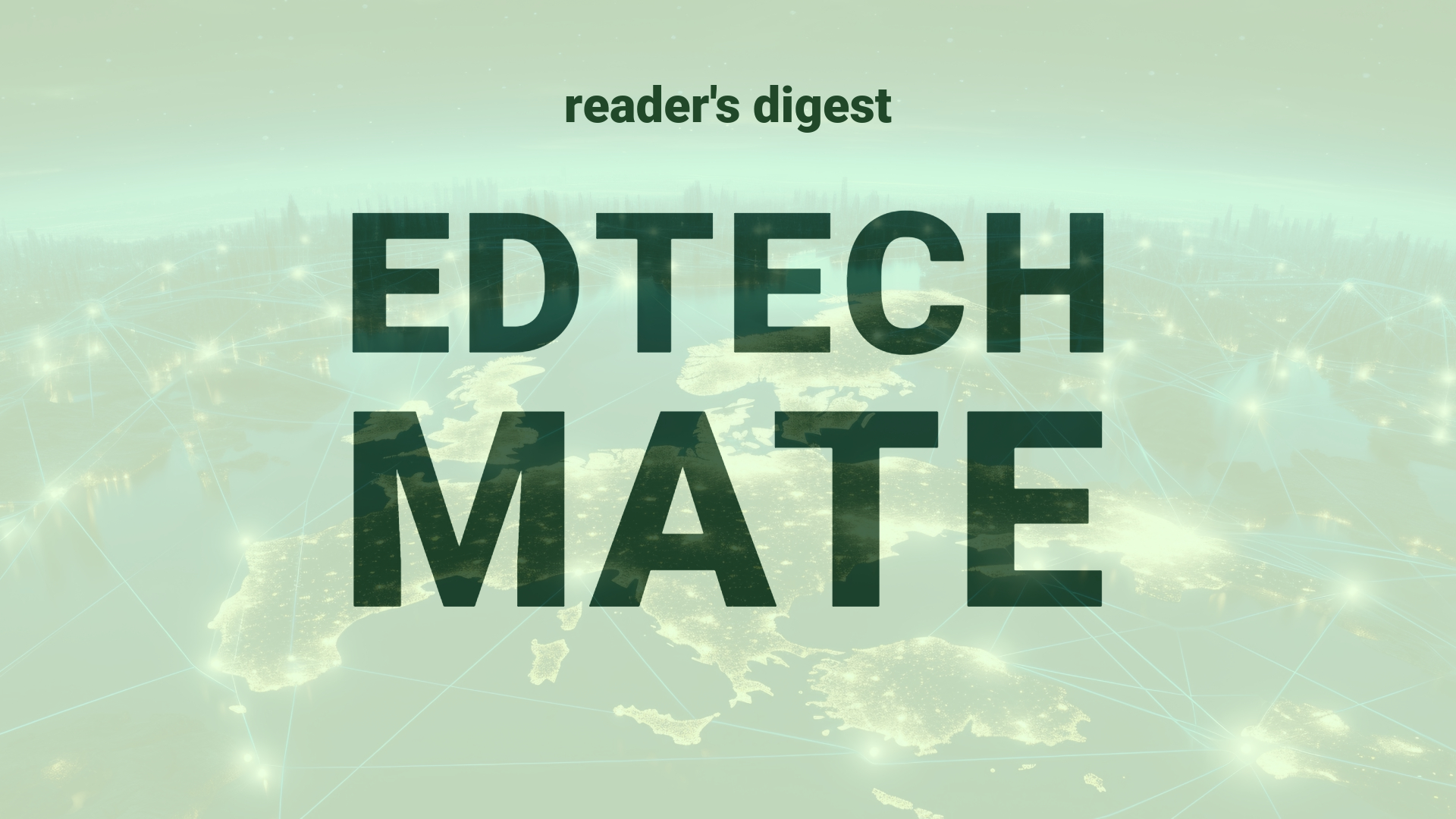Executive Summary and Main Points
The integration of Copilot with Microsoft 365 apps marks a significant advancement in digital tool assistance within the workplace, empowering users to seamlessly utilize generative AI for tasks such as creating presentations, summarizing emails, and producing meeting recaps. Leveraging the power of generative AI, Copilot synthesizes information from various data sources, including SharePoint and OneDrive, while strictly adhering to organizational data protection and compliance policies. Its unique function as an intelligent orchestrator allows for a fluid, context-sensitive, and secure user experience, specifically designed for efficiency and collaboration within the Microsoft ecosystem.
Potential Impact in the Education Sector
Copilot’s capabilities to streamline document creation and information retrieval have profound implications for Further Education and Higher Education, as well as the burgeoning market of Micro-credentials. By facilitating the generation of content, educators and administrators can improve lesson planning, research compilation, and administration. Furthermore, strategic partnerships between educational institutions and Microsoft can potentially enhance digital literacy and ensure a workforce proficient in AI-augmented tools. The safeguarding of data security within Copilot upholds the privacy standards critical to educational institutions.
Potential Applicability in the Education Sector
In higher education, Copilot can revolutionize academic work by aiding in research compilation, lesson material design, and administrative paperwork, all while ensuring data integrity. The technology paves the way for personalized learning experiences, where AI recommendations can tailor content to specific courses or student needs in global education systems. Additionally, Copilot’s AI capabilities could be invaluable in distilling precise information for Micro-credentials coursework, supporting both instructors and learners in managing course assets efficiently.
Criticism and Potential Shortfalls
Despite the potential benefits, there are concerns about Copilot’s applicability, including the reliance on proprietary technology which may limit access to those within the Microsoft ecosystem. Comparative international case studies might reveal discrepancies in accessibility and effectiveness across different regions due to varying data protection laws. Furthermore, ethical considerations loom over AI-generated content, raising questions about the originality and ownership of synthesized academic works. More profoundly, cultural implications regarding the belief systems and knowledge representation in AI must be considered to avoid biases in educational materials.
Actionable Recommendations
To maximize the benefits of Copilot in the higher education space, leadership should undertake strategic training and workshops that focus on the ethical and practical aspects of AI tools in academia. An incremental implementation strategy may allow for assessment and adaptation to these technologies. Building collaborations between tech providers and academia can also foster innovation and address inclusivity. Most importantly, introducing students to AI-powered tools like Copilot can not only enhance their learning but also equip them with the digital proficiency expected in the current job market.
Source article: https://techcommunity.microsoft.com/t5/microsoft-mechanics-blog/get-copilot-responses-based-on-your-own-files-no-copy-paste/ba-p/4177950

